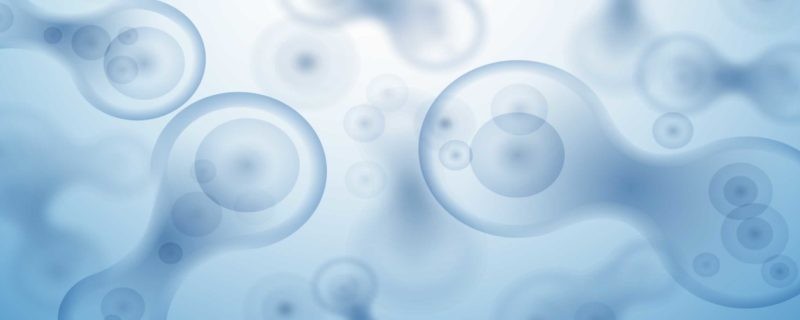
Recombinant Protein Supplements Reduce the Threat of Adventitious Agents in Biomanufacturing
In biomanufacturing, where Fetal Bovine Serum (FBS) and other animal-derived ingredients are still used regularly, there is an ever-present risk of contamination from adventitious agents, such as viruses and prions (the infectious causative agents associated with Mad Cow Disease). The risk of contamination makes animal-derived ingredients undesirable. In fact, most biopharmaceutical companies using CHO cells for manufacturing have already transitioned into serum-free culture systems. However, animal-derived ingredients are still commonly used in areas such as human vaccines, animal vaccines, and stem cell therapies. The Food and Drug Administration (FDA) and the European Medicines Agency (EMA) have specific requirements for the use of animal-derived ingredients in cell culture media and both require stringent testing of all raw materials and the final product for viral clearance.
Despite regulatory testing requirements, there are still concerns about whether testing can catch all cases of contamination. Reports have been made of bovine viruses being found in commercial vaccines. One virus that can be particularly difficult to address is bovine viral diarrhea (BVD). BVD is a pestivirus and it is widely accepted that the vast majority of commercially available FBS is contaminated with BVD. To inactivate BVD most companies use gamma irradiation, but concerns have been raised that irradiation can destroy much of the cell growth promoting properties of serum. BVD can be particularly difficult in bovine vaccine manufacturing because even if the BVD has been irradiated in the FBS, the BVD antibodies are still present.
If there is so much difficulty surrounding the use of animal products, why are they still widely used in vaccine and stem cells biomanufacturing? The answer is that these cell lines are more sensitive to changes in media and do not respond well to removing animal and human components. Cell viability, growth, and productivity are significantly reduced when FBS is removed. Until recently there were no good solutions for transitioning these cells to animal-free culture. but now recombinant proteins specifically designed to optimize vaccine and stem cell culture and to replace necessary components of FBS are available. Today, recombinant albumin, transferrin, lactoferrin, and ITSE can be added to animal-free media when FBS is removed. These recombinant supplements improve viability, growth, and productivity when compared to animal-free media alone and offer a much-needed solution to removing animal products from vaccine and stem cell culture. In addition, recombinant proteins significantly reduce logistical challenges, risk mitigation steps, and regulatory documentation in biomanufacturing compared with utilizing animal-derived components.
For further reading, please see:
- Detection and characterization of pestivirus contaminations in human live viral vaccines
- Bovine Viral Diarrhea Virus (BVDV) in bovine serum white paper
- A new approach to virus safety
- EMA issues new guideline on virus safety evaluation of biotechnological investigational medicinal products